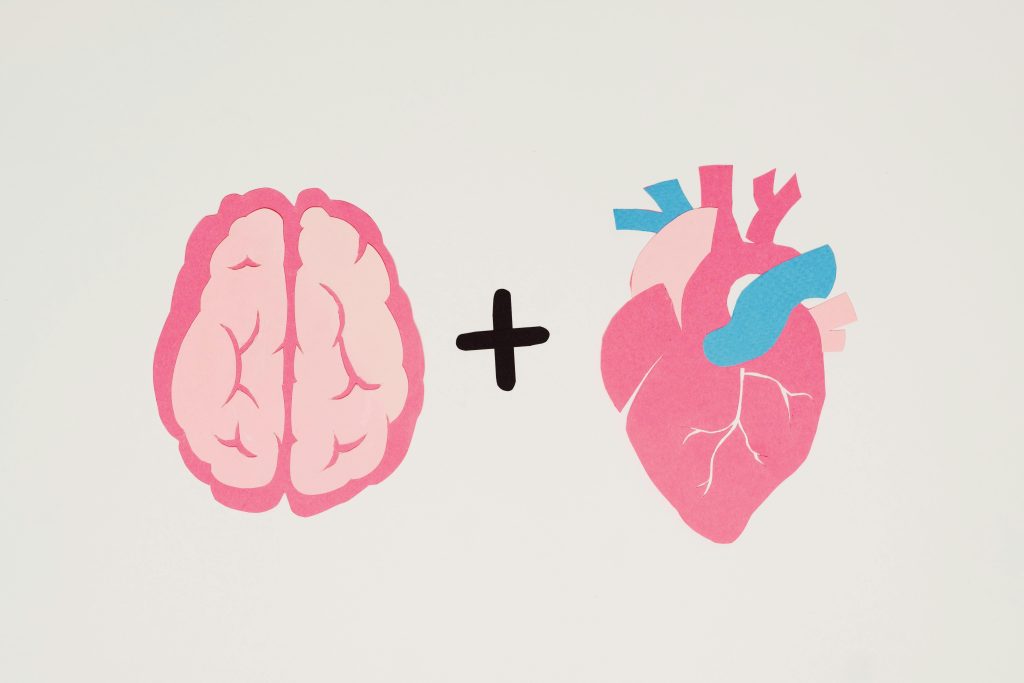IQ vs EQ ?
I found the following YouTube video by John Assaraf quite fascinating and have written a summary of this video below in the way I understand John’s message. My company is called CommonSenseHR and my purpose in doing this work is because unfortunately common sense is not so common these days. We may be technologically advanced (IQ) but emotional intelligence is often sadly lacking (EQ).
In my opinion, this almost 4 minute video is well worth a watch. More of John’s work can be viewed at: http://www.johnassaraf.com/
Let me know what you think of this video J
John Assaraf Video: https://www.youtube.com/watch?v=RNmMS7u6Vjg
Logic vs Emotion? This is an age-old debate as to which of these is more important. Through work conducted recently on brain research it is now being established that both are just as important. This is commonly known as whole brain thinking. Having said that it is suggested that our emotions drive our behavior even more than logic.
When we have an idea, this is created in our left pre-frontal cortex and every image or vison that comes from this makes an emotional impact on the deepest part of our brain. Should the emotion for that vision be too small the motivational centre of the brain, will not be activated to produce sufficient “feel good” dopamine to cause one to act. This part of the brain, known as the nucleus accumbens, is the foundation of our pleasure and reward system. As a result of insufficient emotion, our goal is perceived as not being worthy enough to spend energy on it sufficient to go after what the goal represents.
Conversely, when one experiences a negative image, this can activate the amygdala, an almond-shaped structure in the limbic system, considered to be the seat of fear in the brain, as well as other emotions. This results in the motivational centre of the brain turning off and can result in one having doubts, fear and procrastination. The person then can come up with lots of reasons for not going after, or even being able to achieve that goal.
The idea when having a goal, that one wants to achieve, is to emphasize the positive side of that goal. This in turn stimulates the motor cortex of the brain which is the part of the brain that can figure out how to make a goal a reality.
At the same time it is important to make sure that our positive emotions are not too strong or too weak. If they are too strong we can start acting impulsively and carelessly. This can result in risky behavior causing us to make mistakes. The key here is to find a balance between the emotional part of our brain, the amygdala and the idea centre of the brain, the left pre-central cortex.
This requires us to be aware socially and personally aware. When we are compassionate with ourselves around the goals and dreams we want to achieve, we activate the anterior cingular cortex which is involved in the executive function of our brain.
Developing self- awareness causes us to analyze what we feel and what we want to achieve and this is done through the logical part of our brain. So we use both logic and emotion to choose the goal and to activate the different parts of our brain so as to bring out the genius which is within us.


